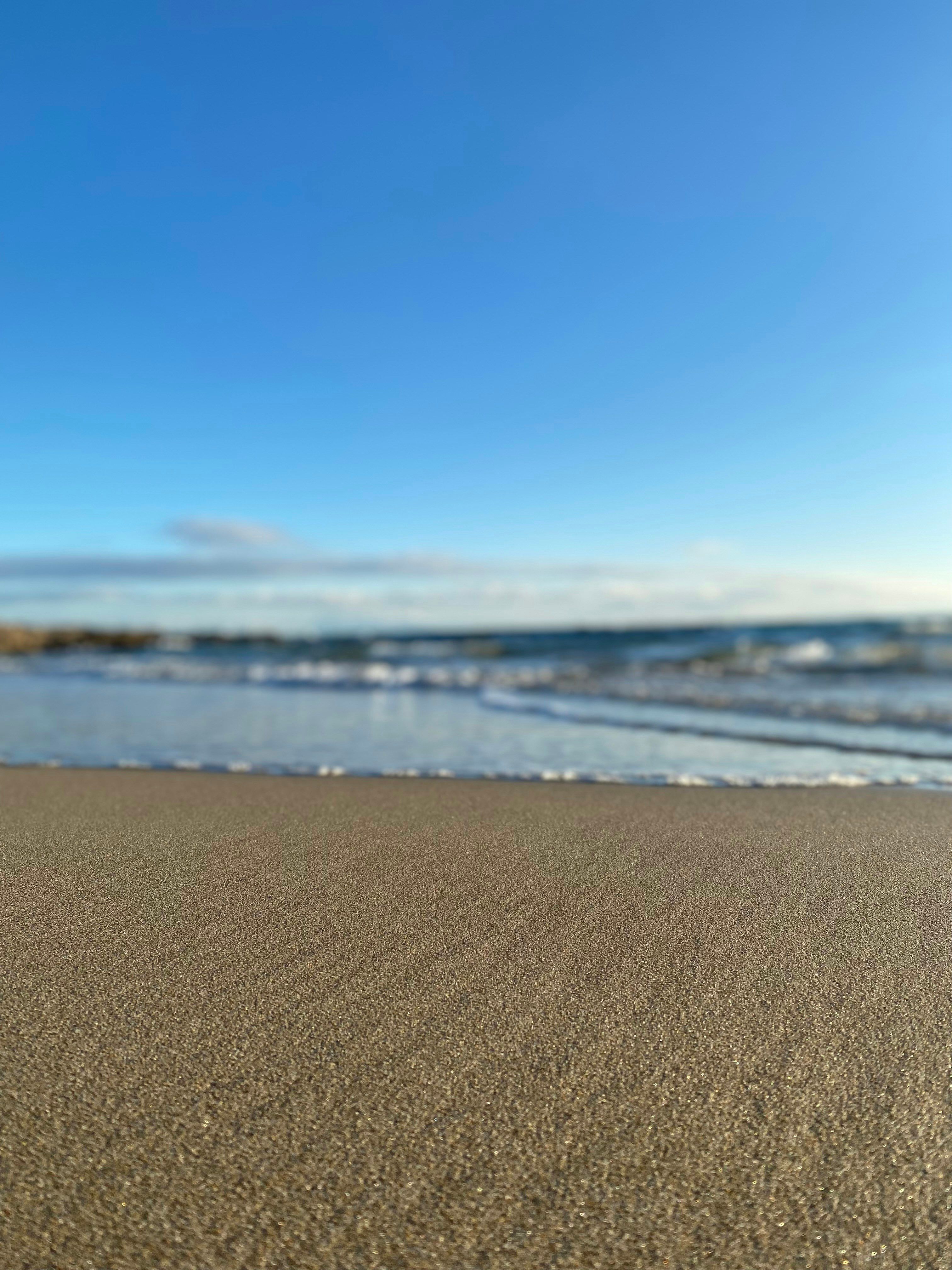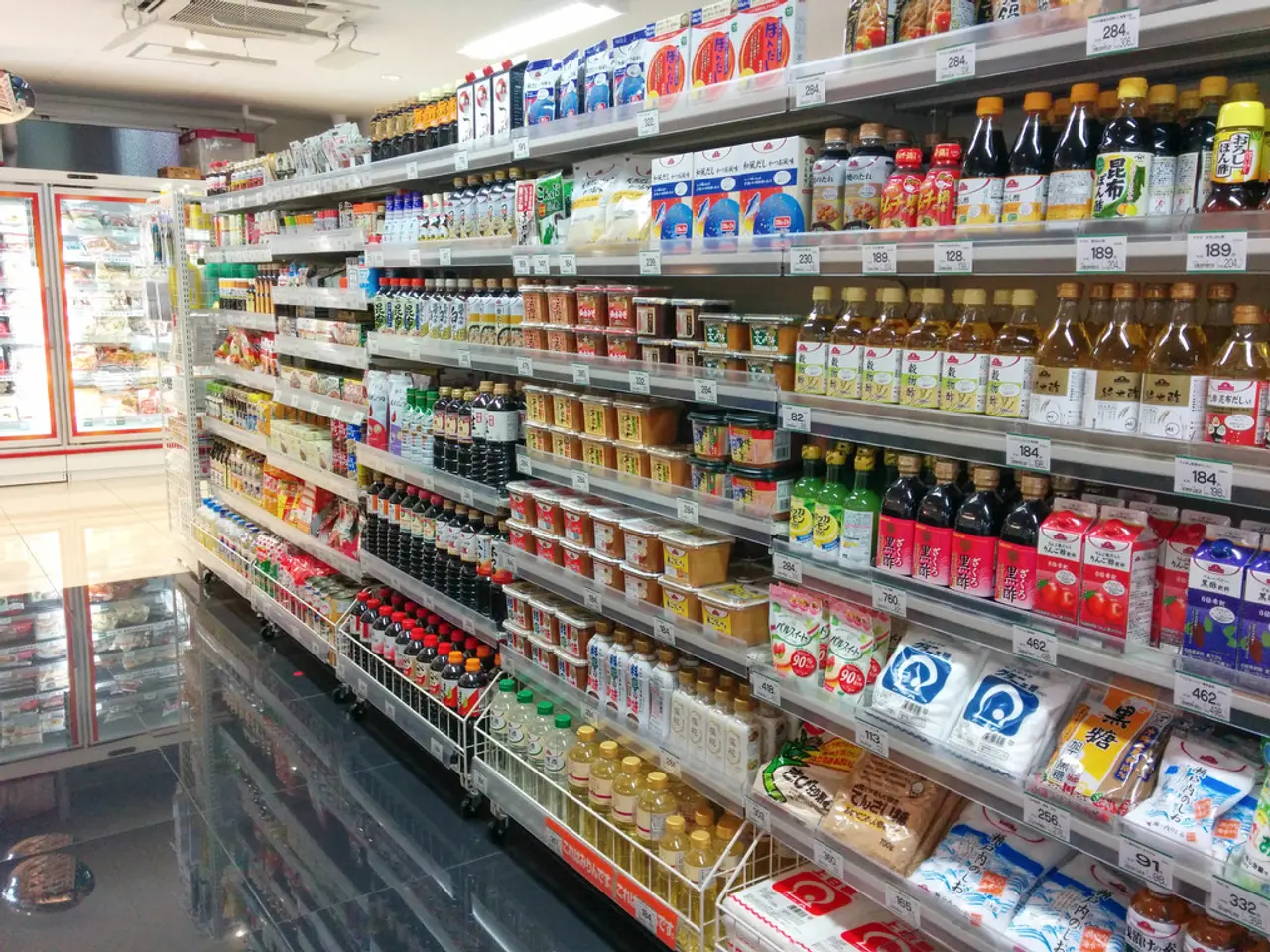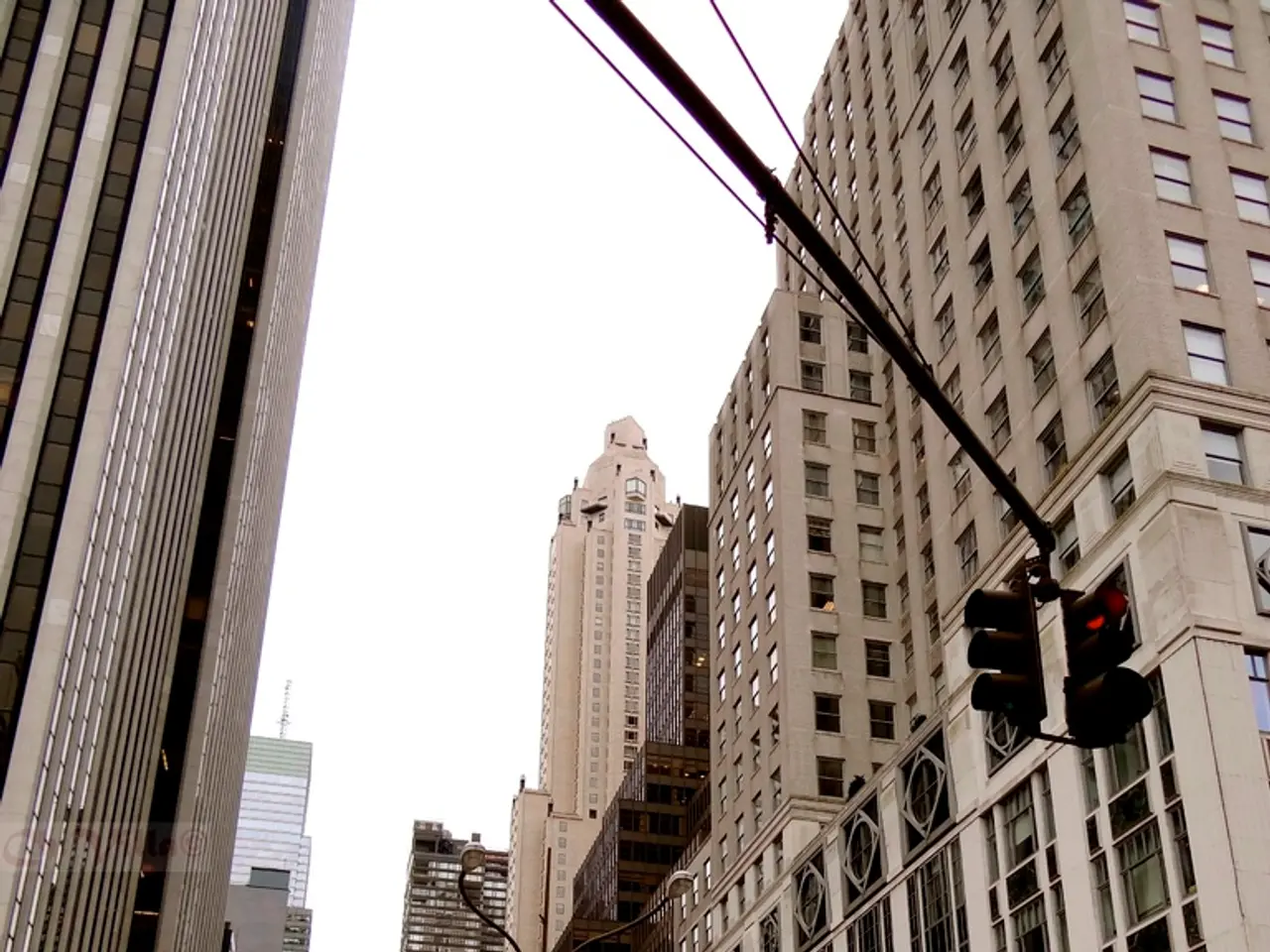Solar enterprise in Germany declares bankruptcy following buzz; second one this year
German Solar Company PaderSolartechnik GmbH Files for Insolvency
A prominent German solar company, PaderSolartechnik GmbH based in Lichtenau, North Rhine-Westphalia, has entered preliminary insolvency proceedings. The move has left employees and customers in shock, seeking clarification on the situation.
Once a trailblazer in the planning and operation of photovoltaic systems, extending its reach beyond national borders, the company once employed over seventy people, promising a bright future amid the energy transition. However, the dream appears to have faded. Recent developments have seen the discontinuation of its social media channels, including Instagram, raising questions about the company's sudden downfall.
As more solar companies face insolvency, affected customers need to be aware of their rights during such tumultuous times. The rapid growth of the solar industry in 2022 and 2023 led to an influx of new providers. By 2024, the tide shifted, with falling energy prices, political unrest, and price competition causing problems for numerous solar companies.
The insolvency of PaderSolartechnik GmbH underscores the industry's inherent risks, where rapid growth can sometimes result in a harsh descent. Despite the setback, consumers have legal protections to safeguard their interests:
- Insolvency administrators will manage the company's assets and affairs to distribute debts equitably among creditors.
- Customers who have paid in advance for goods or services may register as creditors to claim repayment or compensation from the insolvency estate.
- Existing contracts may be terminated or modified by the insolvency administrator, and with undelivered goods or incomplete services, customers may face unsecured claims, potentially resulting in partial repayment only.
- Warranties or guarantees on purchased products may be at risk but should be assessed individually.
- Customers have the right to be informed about the insolvency proceedings and any implications on their contracts.
Those who haven't received deliveries can opt out of their contracts within a specified legal deadline, usually ranging from two to six weeks, to avoid potential losses. Consumer centers provide assistance as well, and joining forces with other affected parties can be advantageous.
Though specifics regarding PaderSolartechnik GmbH's demise remain elusive, the solar industry's volatile nature has brought challenges to earlier players, with factors such as financial troubles due to reduced sales, escalating costs, inability to finance operations, increased competition, and market changes negatively impacting growth. Subsequent repercussions on customers emphasize the importance of being vigilant when engaging with solar technology providers in the post-insolvency environment. Official insolvency filings or announcements should be consulted for accurate information.
Other solar companies in the finance sector may also face difficulties due to the volatile nature of the business, as witnessed with PaderSolartechnik GmbH. There could be a need for more thorough research and caution when selecting business partners within the solar industry, given the risks associated with rapid growth and the potential for insolvency.




